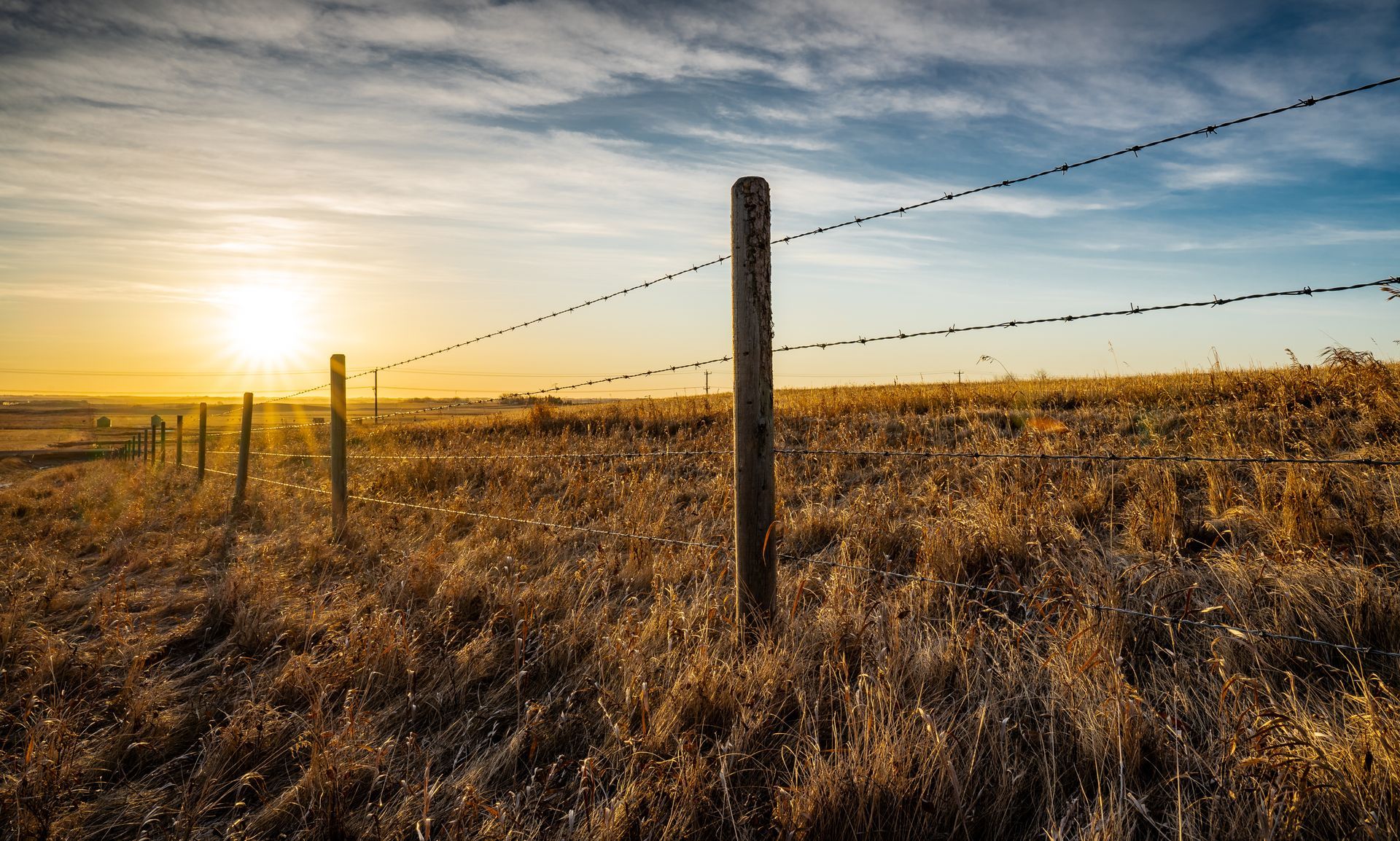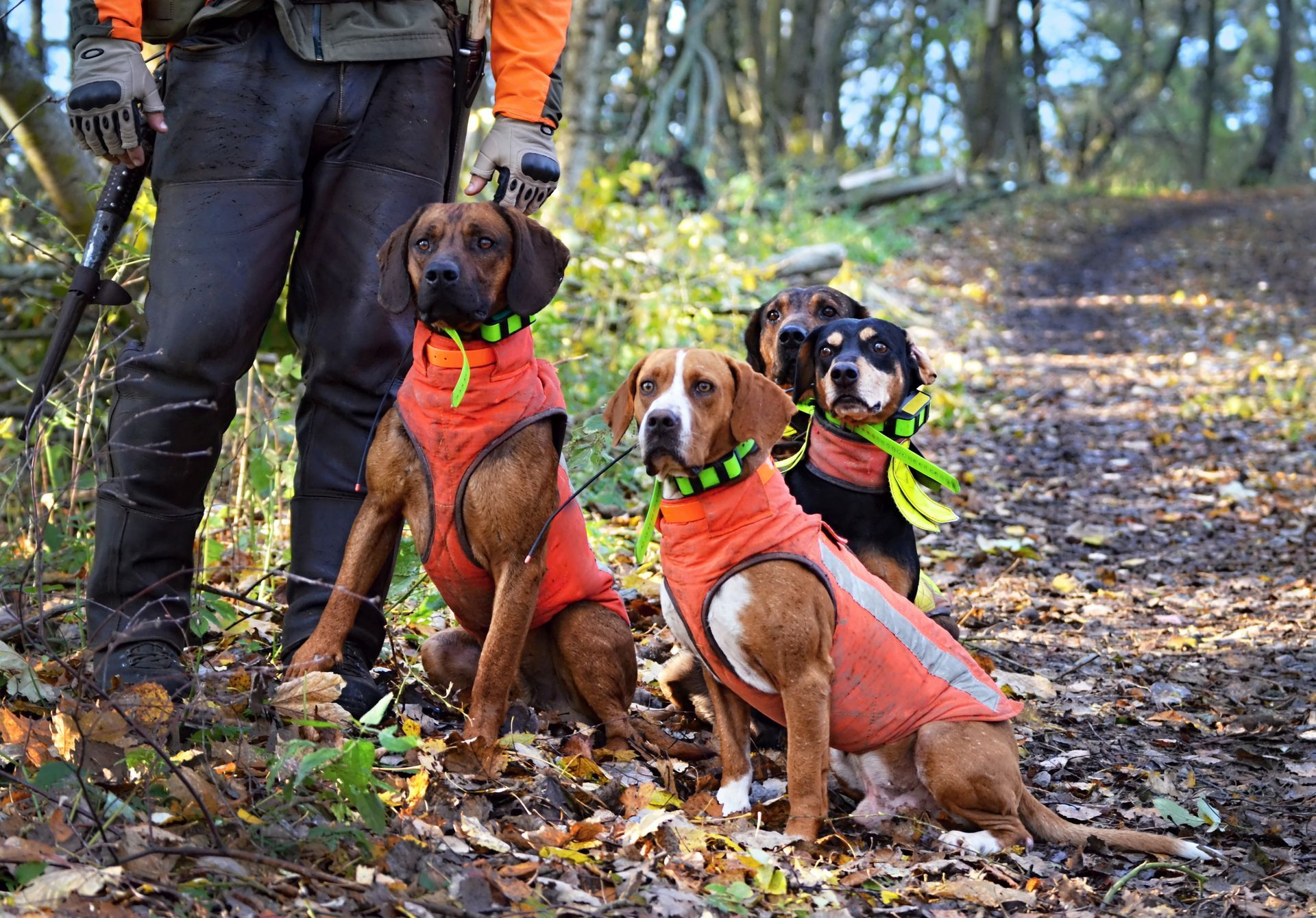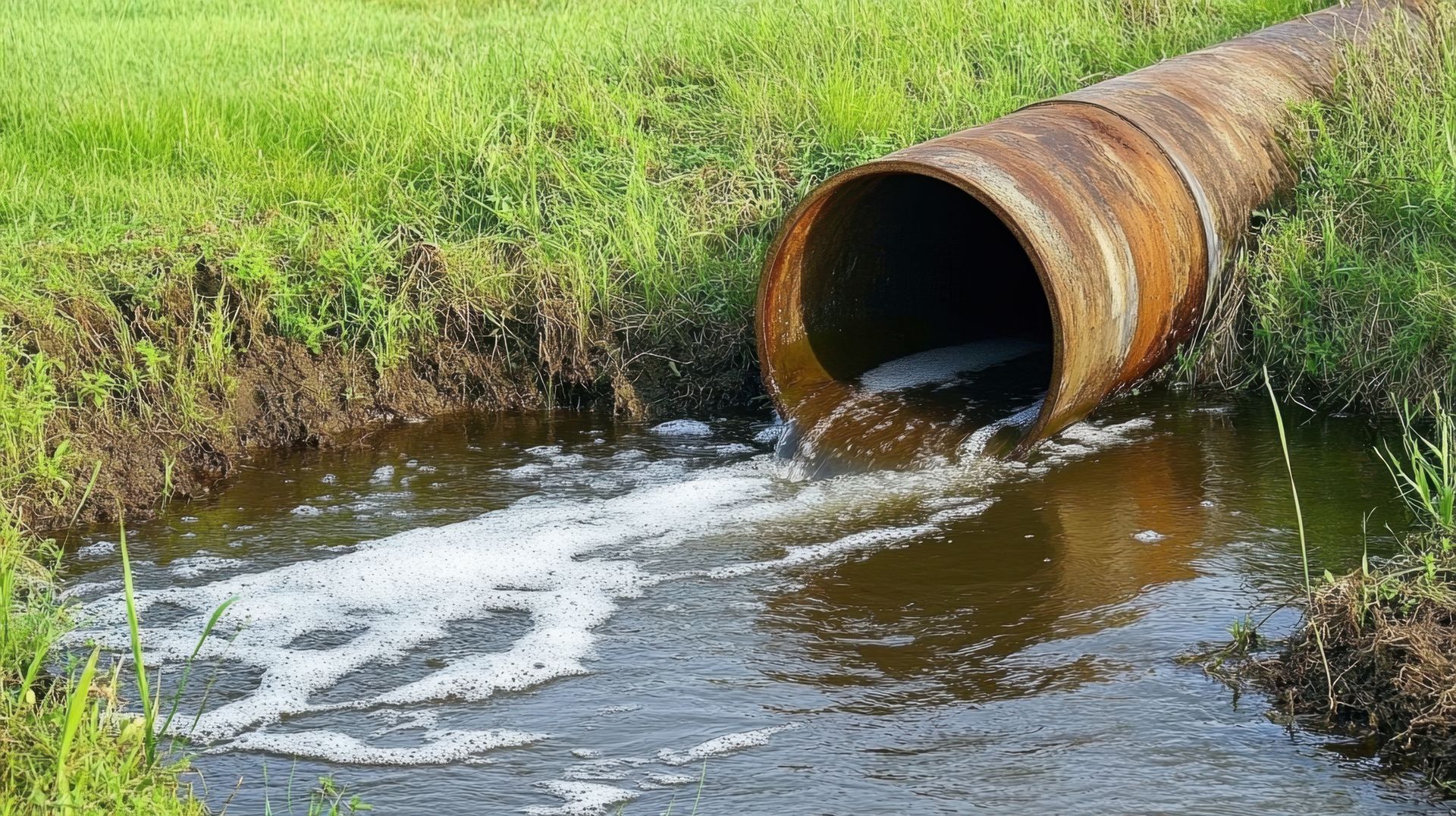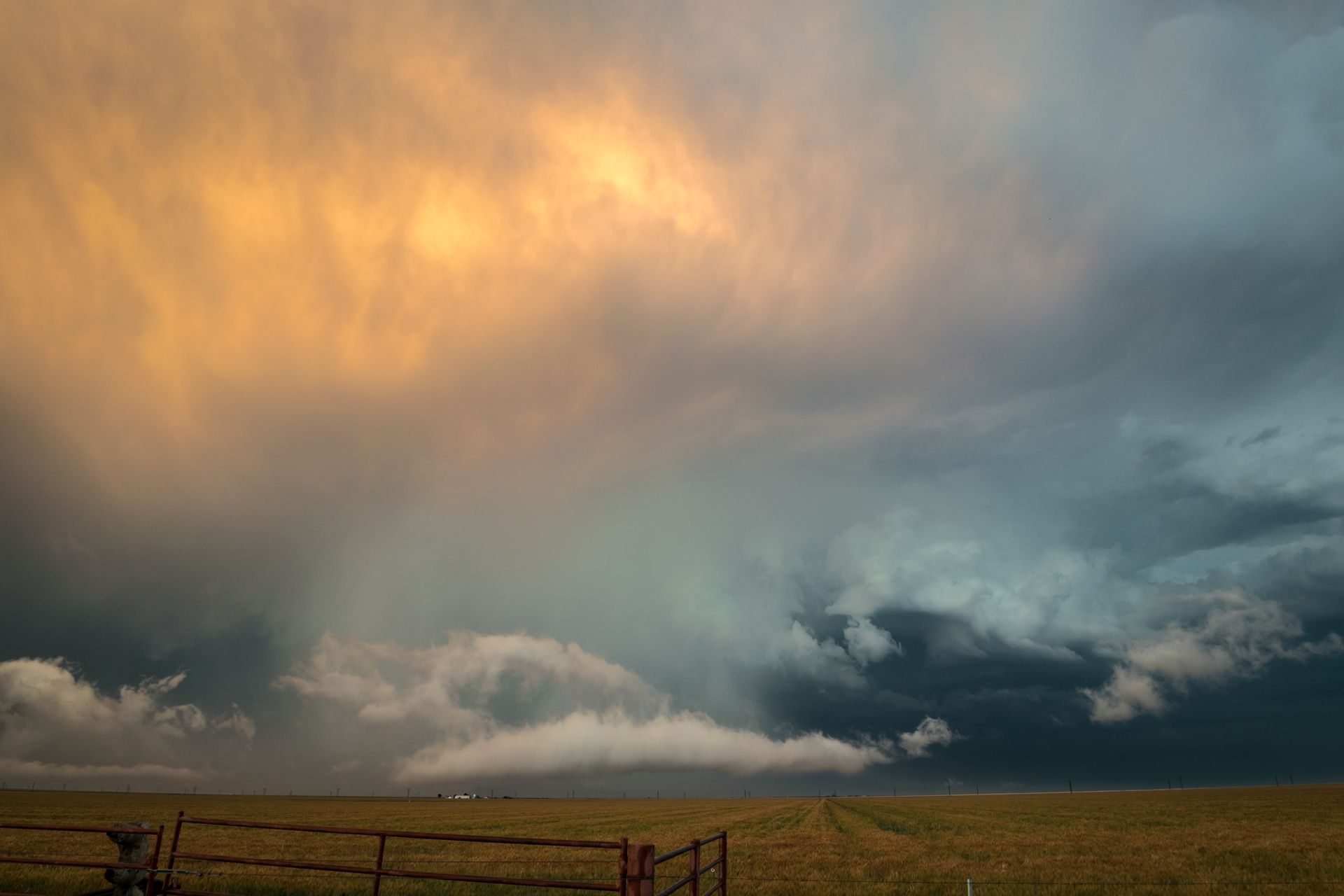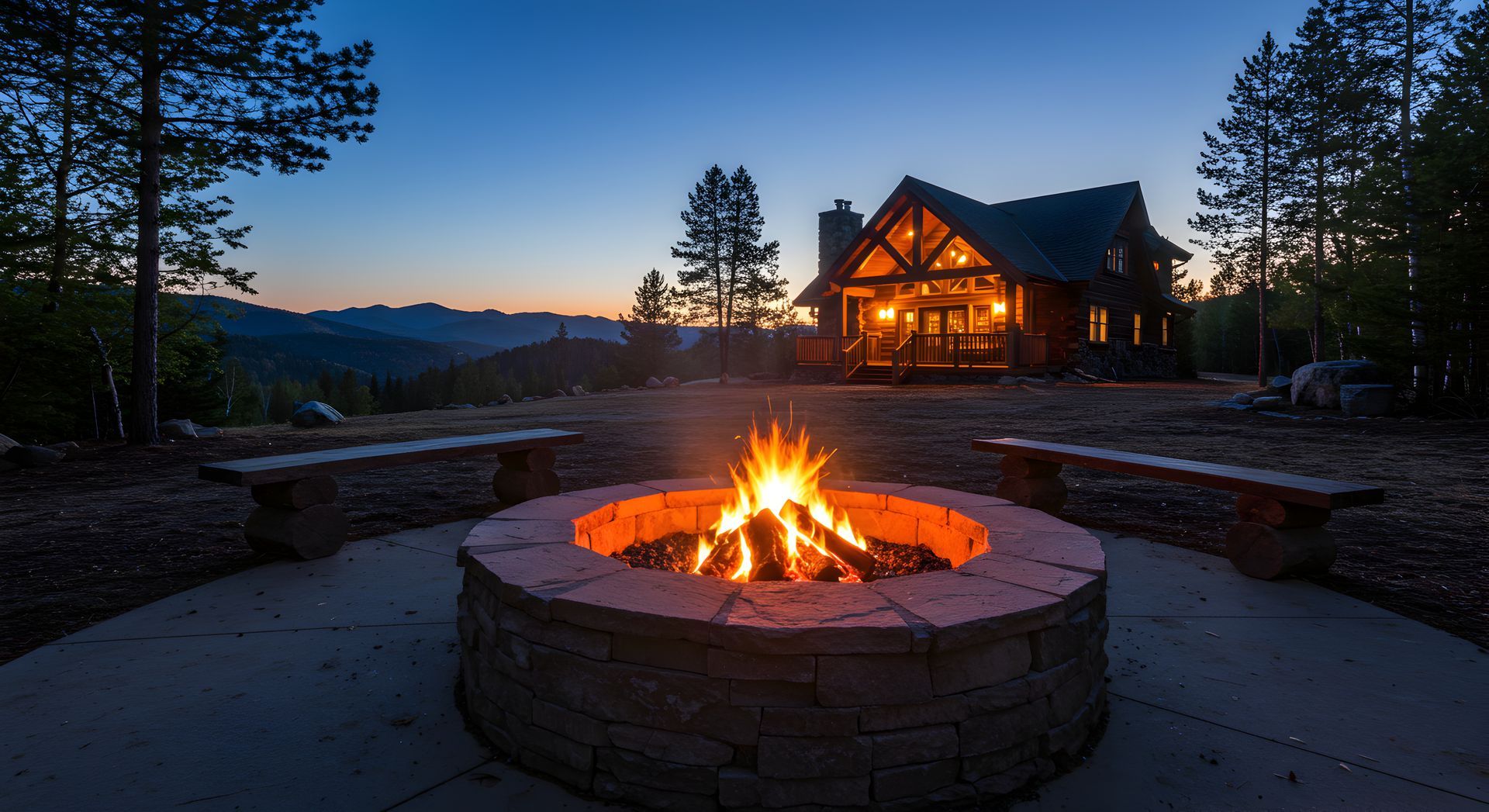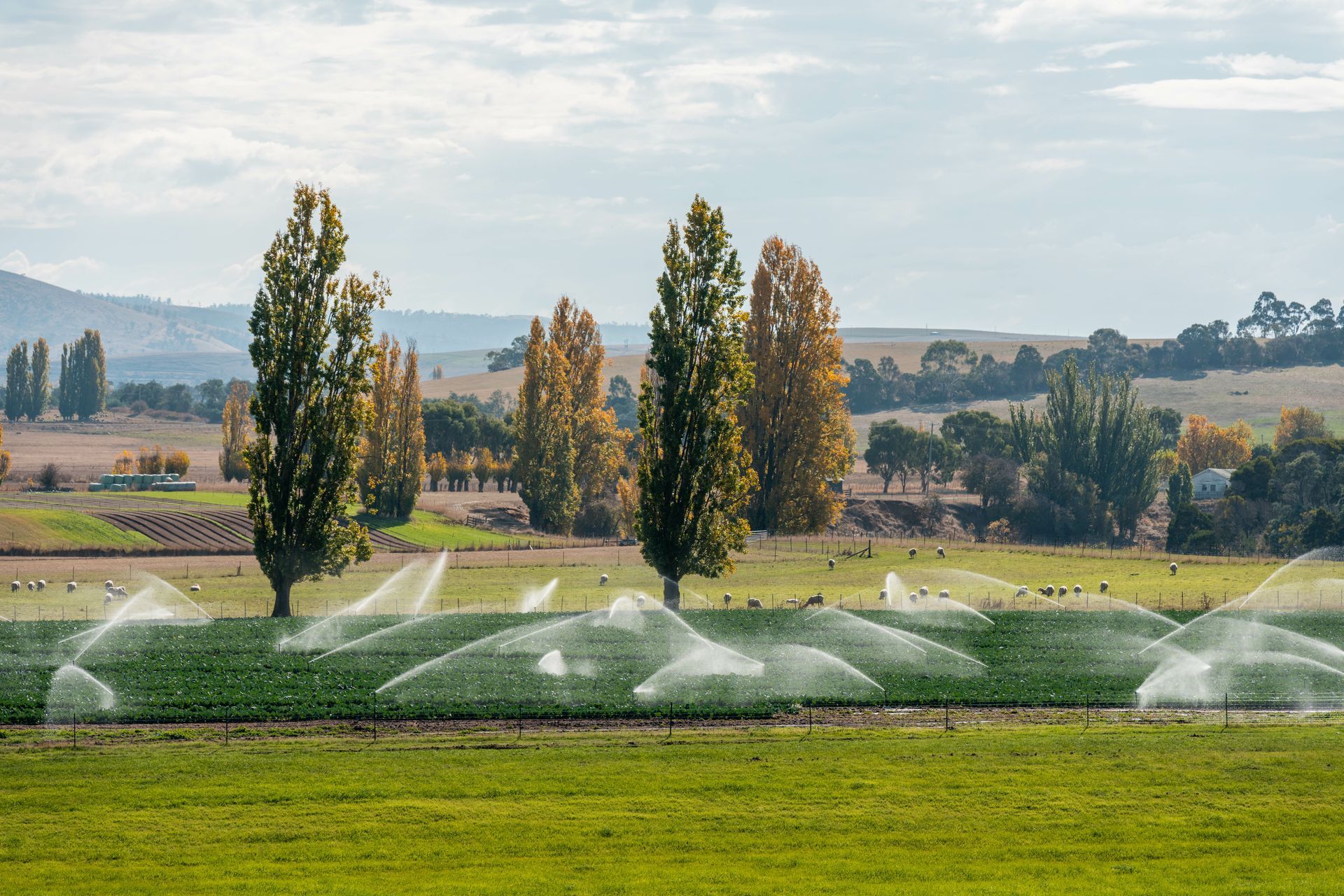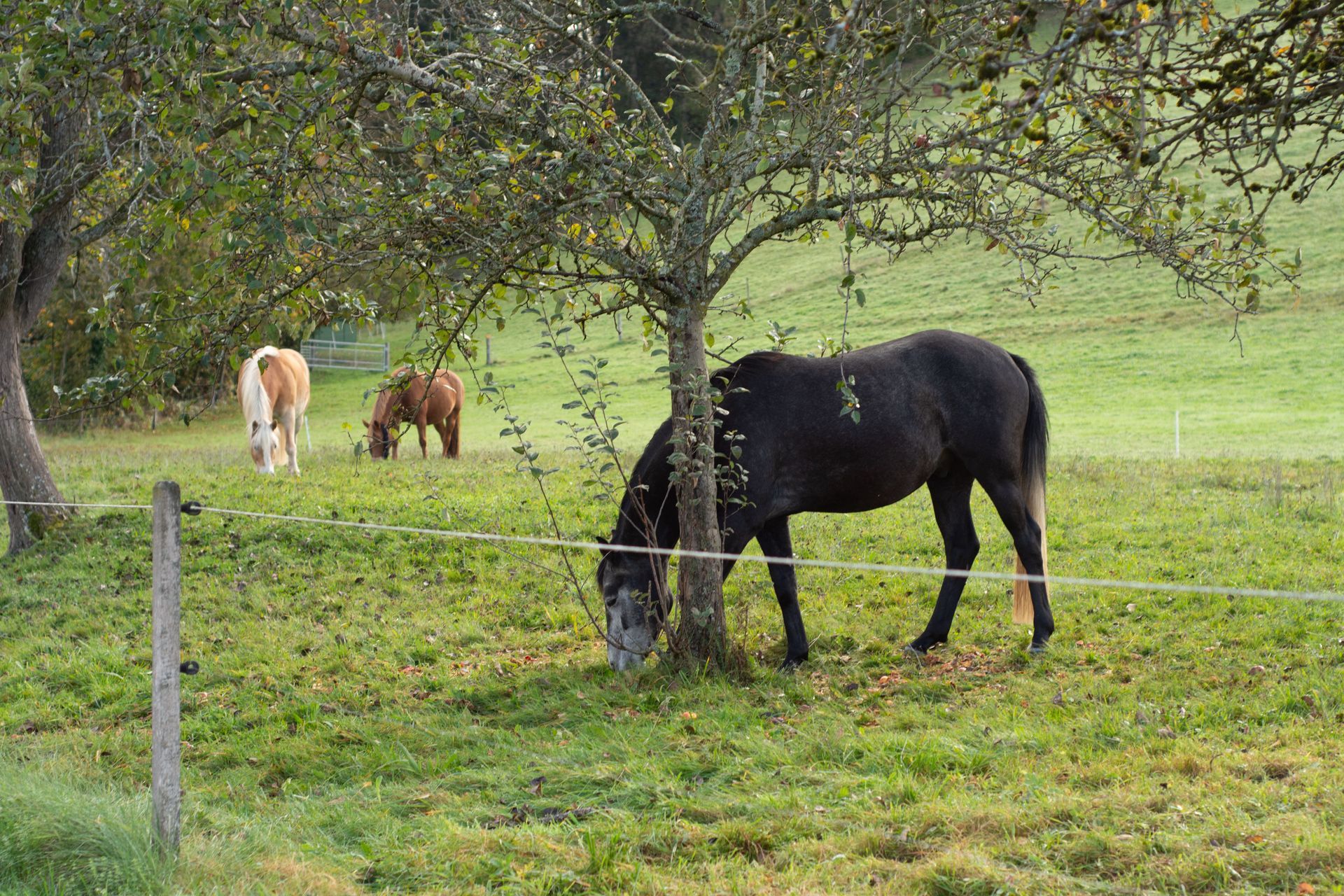Helping Your Horse Settle into a New Stable Environment
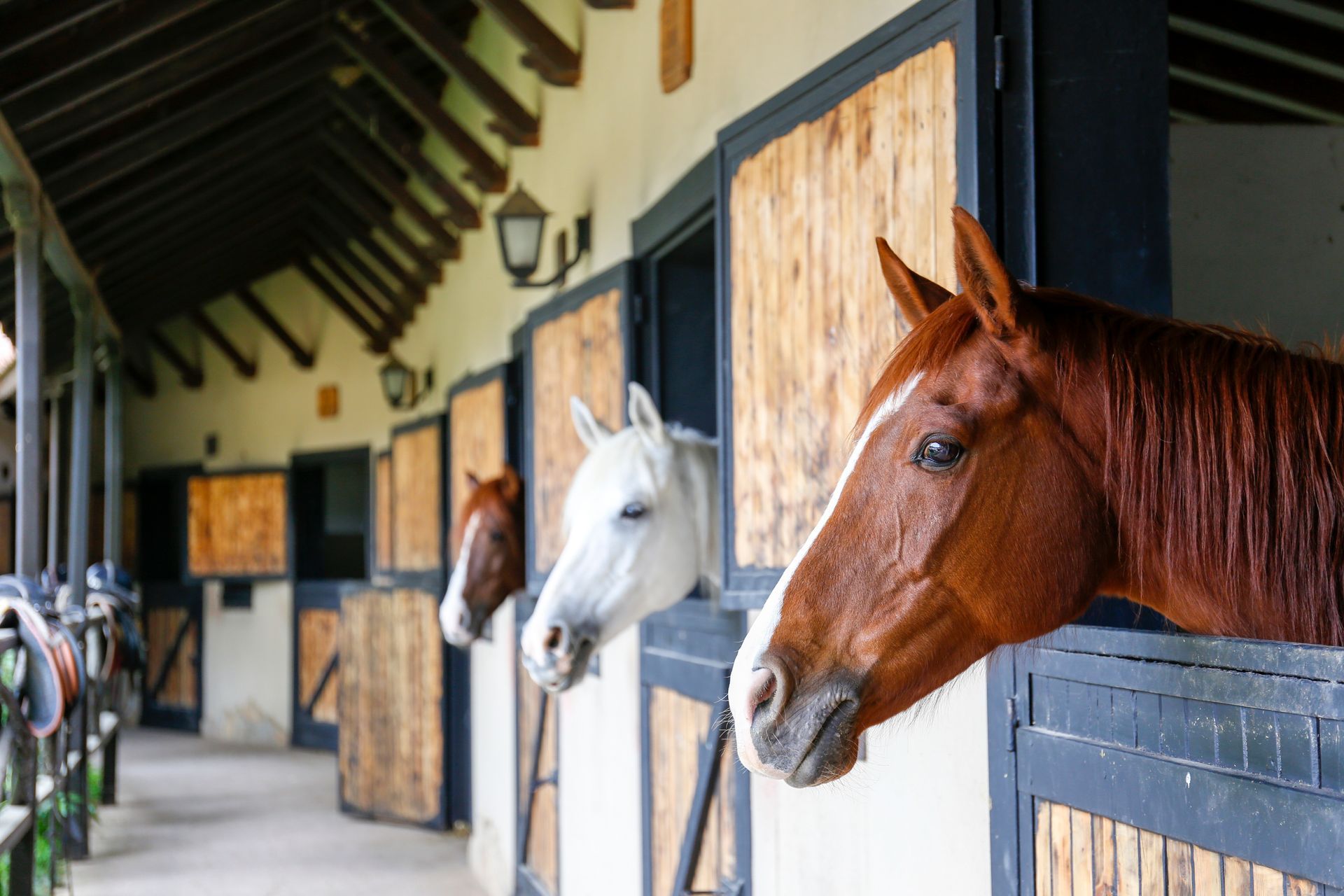
Moving your horse to a new stable, whether for a season or a permanent change, can be exciting, but it’s also a major adjustment for the animal. Horses are highly routine-driven creatures. They thrive on familiarity, consistency, and trust. A change in surroundings, herd, schedule or caretakers can bring on anxiety or behavioral shifts, even in seasoned horses.
At Ranger Ridge, we welcome our members’ horses to enjoy our 40 acres of pasture, riding space and scenic trails. Whether you use our stables seasonally or year-round, our goal is to make the transition smooth for both our members and their horses.
Key Stressors During an Equine Transition
New Surroundings
Horses are very attuned to their environment. A new stall, arena, paddock, or even different trails can spark nervousness. The sounds, smells, and sights of a new stable take time to process. At Ranger Ridge, your horse will encounter a variety of spaces, from secure stalls to wide-open riding areas, so introducing them to each space gradually allows them to settle in and explore comfortably.
Changes in Herd Dynamics
If your horse will be turned out in a communal pasture, meeting new pasture-mates is a delicate process. Horses establish social hierarchies, and sudden introductions can cause tension or even injuries.
Feed and Schedule Changes
Even small differences in hay type, grain brand, or feeding time can affect digestion and mood. Horses’ digestive systems are sensitive, and abrupt dietary changes can lead to colic or weight loss.
Travel and Trailering Stress
Long-distance hauling can leave a horse fatigued and dehydrated. Add to that the stress of a new home, and it’s easy for them to feel out of sorts in the first days.
Loss of Known Handlers
Your horse may need time to trust the new people feeding, grooming, and handling them. Bonding takes time, especially for horses with sensitive temperaments.
Strategies to Help Your Horse Adjust
Gradual Turnout Introductions
When boarding at Ranger Ridge, we recommend starting with adjacent paddocks so your horse can see and smell new pasture-mates before direct contact. After a few days, supervised turnout in a shared space can begin. This lowers the risk of dominance-related conflicts.
Keep Feed Consistent
Whenever possible, bring hay and grain from your previous barn to bridge the transition. If your horse will switch to our feed, mix their old and new hay or grain over 7–10 days. Consistency helps prevent digestive upset.
Maintain Familiar Routines
For the first week, keep your horse’s schedule as close as possible to what they’re used. Keeping them to the same feeding times, turnout hours, and exercise patterns may help ease the transition. Once they’re settled, you can gradually adjust to the stable’s routine.
Familiarization Walks
Take your horse on in-hand walks around the property. At Ranger Ridge, this might mean walking along our trails, around the riding arenas, and past their new stall multiple times. Seeing the space without the pressure of work helps them relax and learn the environment.
Consider Calming Supplements
If your horse is especially anxious, speak with your vet about short-term calming aids. Magnesium-based supplements, herbal blends, or even products like ulcer-preventing medications can help during a big move.
Allow for a Rest Period
After long travel, give your horse a few days to rest and settle before resuming regular training. Light groundwork or hand-grazing in our pastures can help them adjust without physical or mental overload.
Why Ranger Ridge is an Ideal Setting for Transitions
The environment your horse moves into plays a huge role in how quickly they settle. At Ranger Ridge, our facilities are designed for comfort, safety, and enrichment.
- 40 Acres of Pasture and Riding Space: Plenty of room for your horse to move, graze and enjoy natural turnout, which helps reduce stress and stiffness from travel.
- Scenic Riding Trails: Gentle exposure to new trails allows for positive exploration and mental stimulation without overwhelming your horse.
- Thoughtful Herd Management: We take the time to introduce horses to new companions safely, minimizing the risk of injury or social stress.
- Experienced Staff: Our team is skilled in handling horses of all temperaments and understands the importance of consistency and patience during a transition.
Signs Your Horse is Adjusting Well
It’s rewarding to watch your horse settle in and begin to thrive in their new surroundings. Positive signs include:
- Eating and drinking normally
- Relaxed posture in the stall or pasture
- Interest in exploring the environment
- Positive interactions with other horses
- Returning to their usual energy and behavior levels
If you notice persistent anxiety, weight loss, or other concerning changes, it’s important to address them early, either with stable management adjustments or a veterinary check.
We Know How Much Our Equestrian Members Love Their Horses
We understand that transitioning your horse to a new stable is a big decision, and how they are acclimated has a significant effect on their well-being. At Ranger Ridge, we make it our mission to give every horse the best possible start in their new home.
Ready to see how your horse could flourish at Ranger Ridge? Contact us online today or give us a call at (940) 424-2678 to schedule a tour of our estates.


